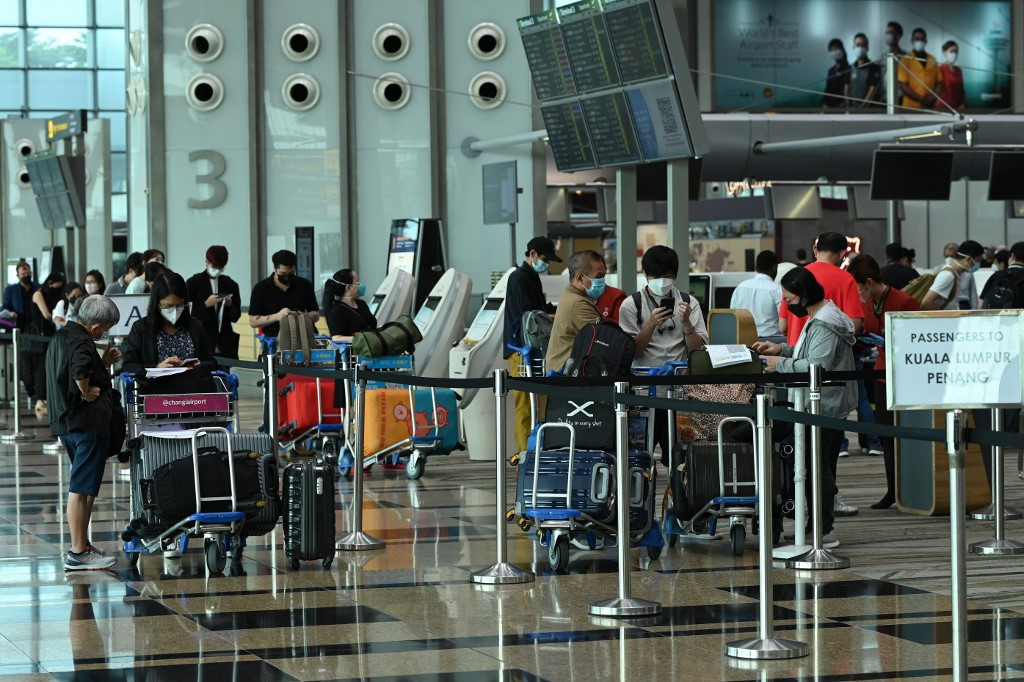Popular Reads
Top Results
Can't find what you're looking for?
View all search resultsPopular Reads
Top Results
Can't find what you're looking for?
View all search resultsWhy we must act now to keep humans and the planet healthy
Globally, two-thirds of exposure to outdoor air pollution results from the burning of the same fossil fuels that are driving climate change, which between 2030 and 2050 is expected to cause an additional 250 000 deaths annually.
Change text size
Gift Premium Articles
to Anyone
T
he COVID-19 pandemic has exposed the inequitable and unsustainable systems in which people in the South-East Asia region and across the world live and work, consume and exist. Globally, over 90 percent of people breathe unhealthy air, resulting in around 7 million deaths every year, including around 2.4 million in the region.
Food systems that are unsafe, unhealthy and unsustainable cause millions of premature deaths annually, primarily from noncommunicable diseases (NCDs), and are a leading contributor to climate change and antimicrobial resistance – two of the greatest health risks facing humanity.
In 2020 around 1 in 4 people globally lacked safely managed drinking water in their homes, and just 50 percent of health care facilities in least-developed countries provided basic water services. Poor quality drinking water can lead to acute waterborne disease and risks exposure to toxic chemicals such as arsenic. Inadequate access to water, sanitation and hygiene (WASH) in health care facilities makes health care less effective and has a disproportionate impact on women and girls. In total, WHO estimates that more than 13 million deaths around the world each year are due to avoidable environmental causes – a figure that we cannot and must not accept.
We have before us a once-in-a-century opportunity to drive transformative, lasting change. While the COVID-19 crisis has highlighted the inequitable and unsustainable nature of existing political, social and commercial decisions, it has shown that if decision-making is transparent, evidence-based and inclusive, people will support bold and far-reaching policies that protect their health, their families and livelihoods.
It has shown that by prioritizing equitable health now and for future generations – including through long-term investments, well-being budgets, social protection, legal and fiscal strategies – we can build “well-being societies” that facilitate human flourishing, and which fulfil every person’s right to health and development, without breaching ecological limits.
To achieve a region and world in which clean air, water and food are available to all, where economies promote physical and mental health and well-being, where cities are livable, and where people have control over their health and the health of the planet, together we must address five priorities.
First, protect and preserve the source of human health: Nature.
Policies that reduce deforestation, promote afforestation, and end intensive and polluting agricultural practices improve air quality, strengthen food systems, and promote sustainable farming and forest management. They reduce the risk of emerging infectious diseases, over 60 percent of which originate from animals, mainly from wildlife.
Second, invest in essential services, from water and sanitation to clean energy in health care facilities. Countries of the region must continue to protect drinking-water supplies by implementing multisectoral water safety plans, and also include WASH in relevant health policies, strategies and programs, with a focus on increasing access at the primary health care level. In line with the region’s 2017 Malé Declaration, countries must continue to build climate-resilient health facilities that not only respond to and withstand environmental health threats, but which promote environmentally sustainable practices.
Third, ensure a quick and healthy energy transition. Globally, two-thirds of exposure to outdoor air pollution results from the burning of the same fossil fuels that are driving climate change, which between 2030 and 2050 is expected to cause an additional 250 000 deaths annually. While countries of the region have made commendable efforts to expand renewable energy sources, increased action is needed, and must be accompanied by rigorous enforcement of air quality standards, as well increased investments in public transportation infrastructure.
Fourth, promote healthy and sustainable food systems. Diseases caused by lack of access to food, or consumption of unhealthy, high calorie diets, is a major contributor to NCDs, which in our region kill around 9.2 million people annually. In all countries of the region, WHO will continue to support countries to identify and implement high-impact and cost-effective “best buys” that transform the food environment, from food reformulation and labelling, to increased taxation of unhealthy foods and beverages, and strengthened restrictions on marketing, especially to children.
Fifth, build healthy, livable cities. In 2021, five cities in the region were selected to participate in the WHO Urban Governance for Health and Well-being initiative, which aims to strengthen country capacities to promote health and address health inequities through multisectoral action. To take just two examples, policy makers can expand cycleways and increase the provision of green and healthy spaces to reduce greenhouse emissions and road traffic injuries, increase physical activity, and promote mental health.
We are at a pivotal moment. The decisions we make now can either “lock in” development patterns that do permanent and escalating damage to the ecological systems that sustain human health and livelihoods, or they can promote a healthier, fairer, and greener world.
Together, we must raise our voice and act now to protect our planet, our health, and our future.
***
The writer is regional director, WHO South-East Asia region.











